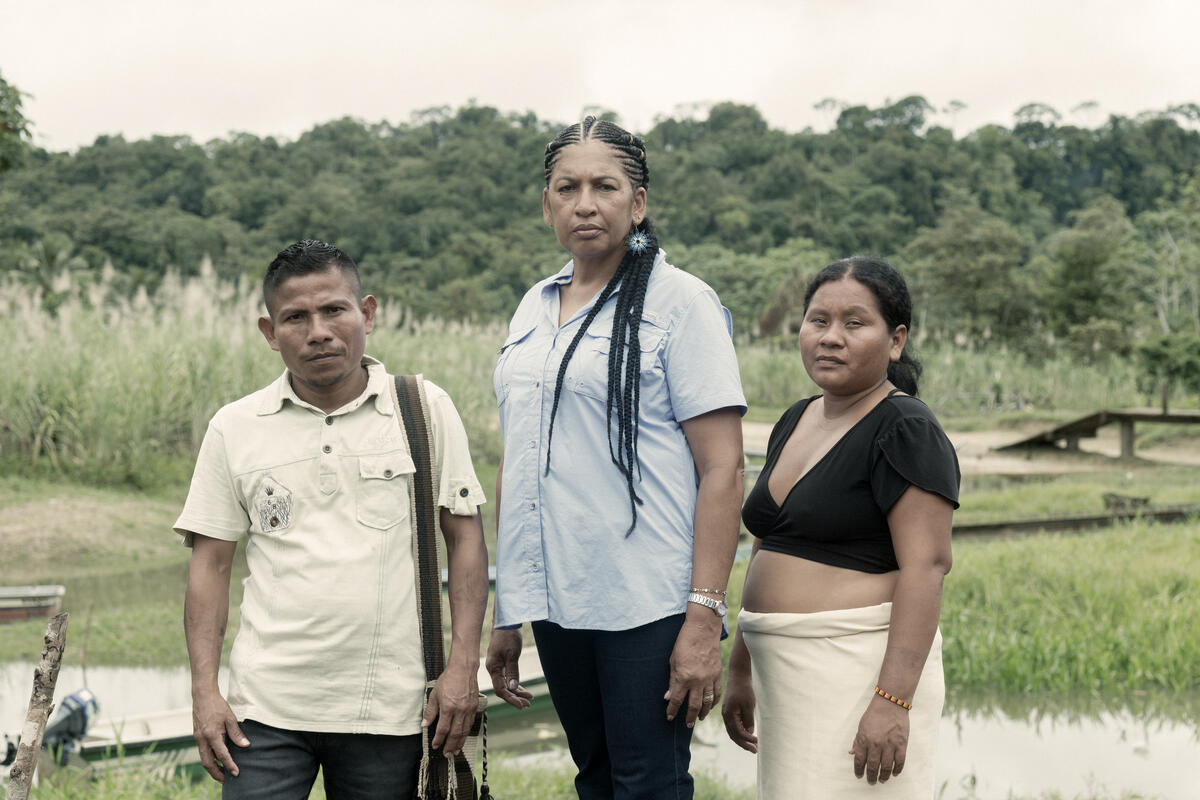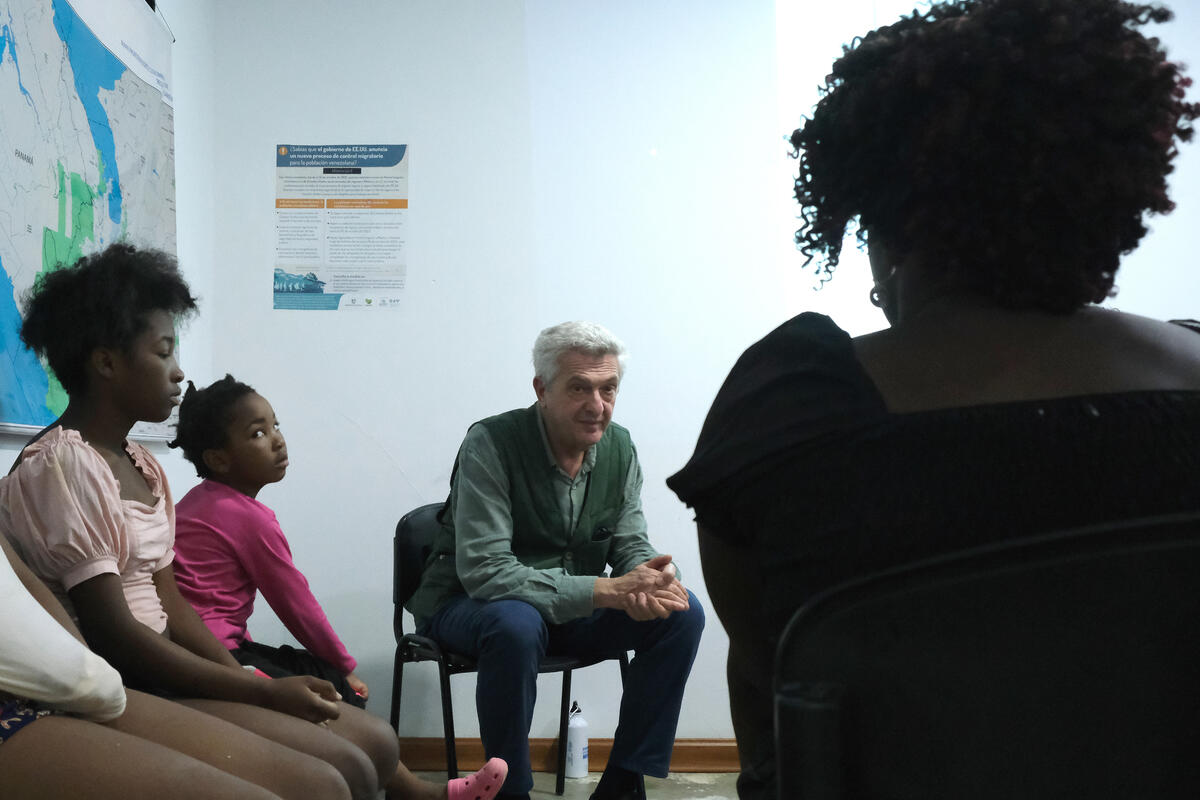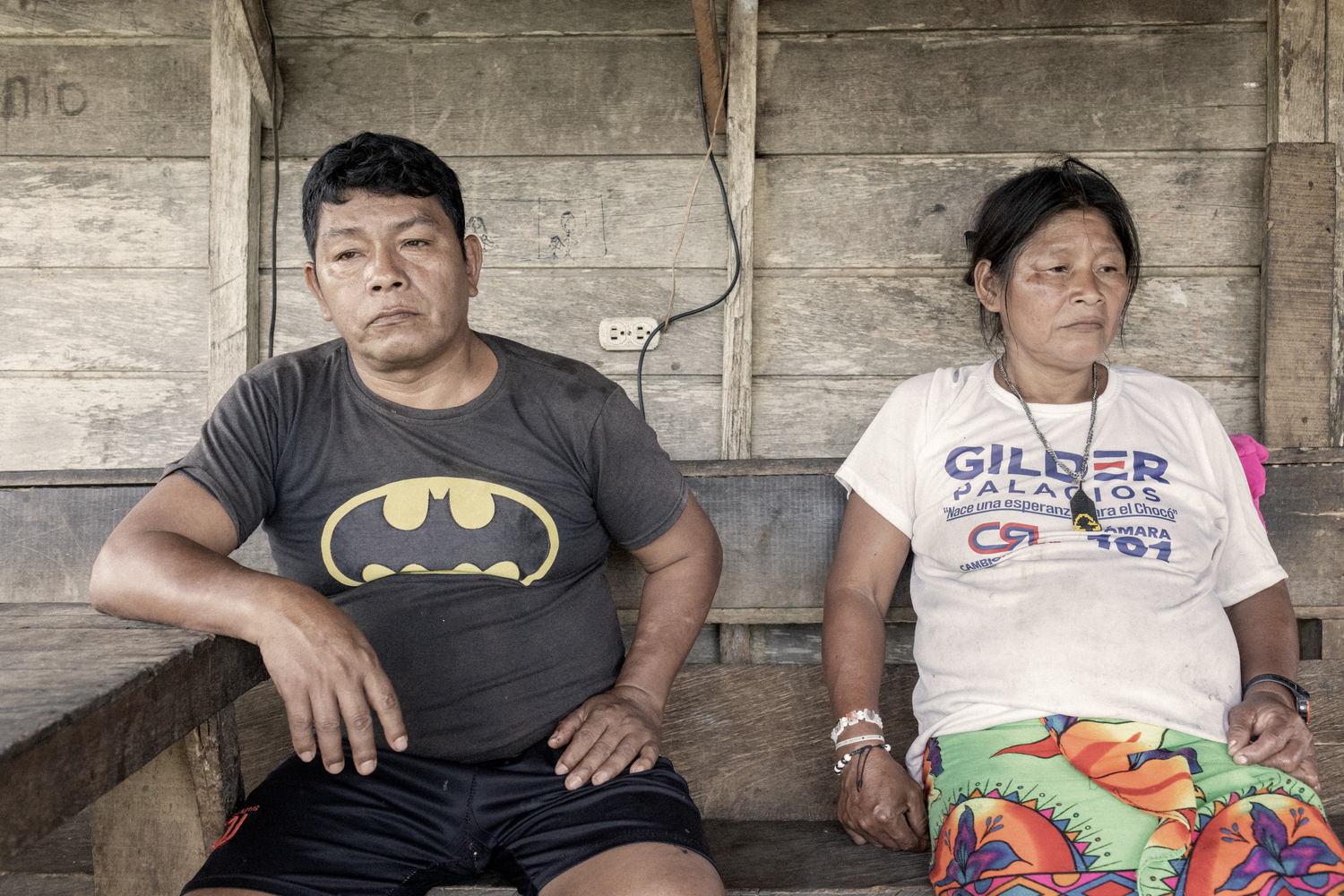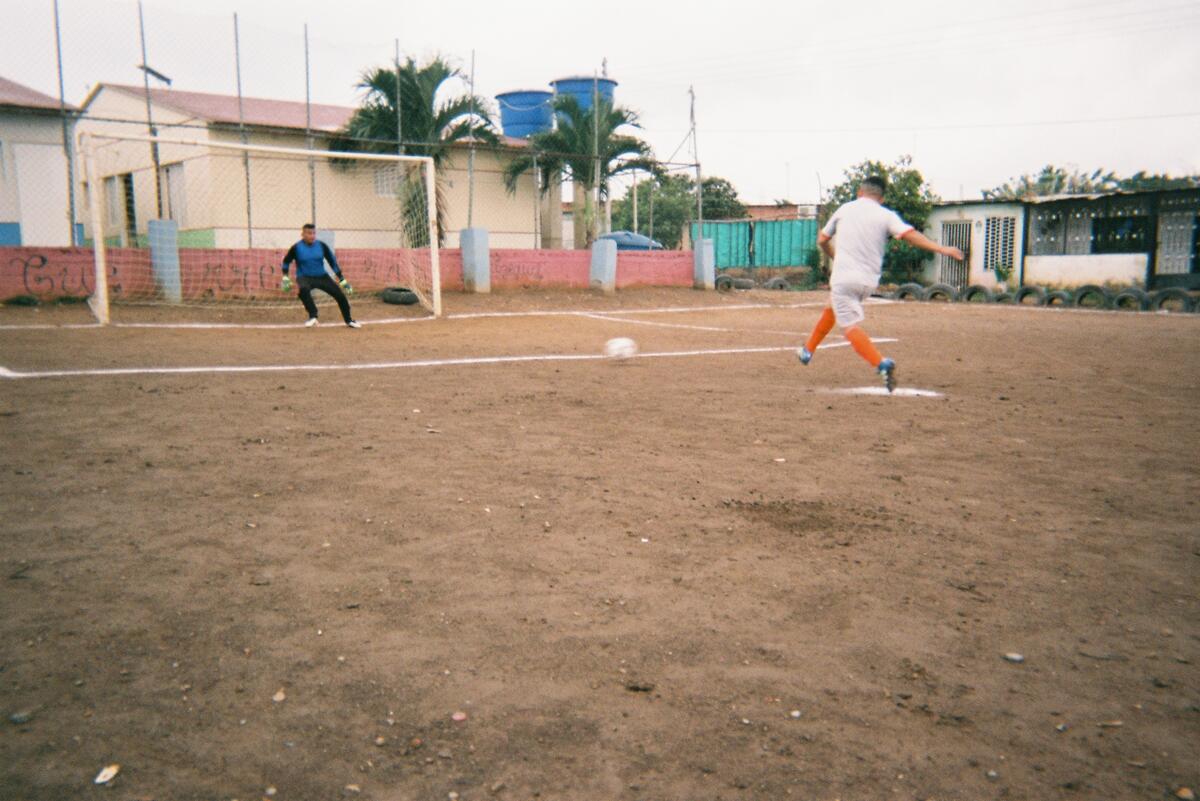More than 1,400 people forced to flee fighting in south-western Colombia
More than 1,400 people forced to flee fighting in south-western Colombia

SANCHEZ, Colombia, April 28 (UNHCR) - In the past few days, the small village of Sanchez in the department of Nariño has become home to hundreds of terrified newcomers. Since last Friday, this mountainous region in the south-west of Colombia has been the scene of heavy fighting between the national army and one of the country's irregular armed groups.
In the space of only a few days, more than 1,400 people have fled their homes in remote settlements in northern Nariño to take refuge in Sanchez. They say they left because of air-to-ground fighting between army helicopters and members of an irregular armed group encamped in the mountains.
Local authorities in Sanchez struggled at first to deal with this large influx of people: finding shelter, food and even drinking water for more than a thousand people is a considerable challenge for a small village with few available resources. UNHCR staff on the ground found the situation worrying.
"People were staying in overcrowded shelters, and some spent the first few nights sleeping outside because there was nowhere for them to go," said Josep Zapater, head of UNHCR's field office in Nariño. "There was very little food and there were serious health concerns; there was only one nurse in the entire village to cope with all the new arrivals. These included many children and pregnant women who had been walking for hours to reach Sanchez."
UNHCR gave support and advice to the local authorities on how to deal with the crisis, focusing especially on the protection needs of the group. The situation is now coming under control, with national social services and international organisations on the ground providing emergency assistance.
More than 90 percent of the people arriving in Sanchez are members of the Afro-Colombian ethnic minority. Having lived all their lives in remote settlements with little or no presence of the state authorities, many of them do not have any identification documents. This could jeopardise their right to gain access to social services which they are entitled to as displaced people. As part of its national programme with the Colombian registry, UNHCR is now planning to run an emergency documentation campaign in Sanchez next week.
The situation within the department of Nariño as a whole is giving increasing cause for concern. Since the start of the year, more than 4,000 people have been forced to flee their homes and this figure takes account only of instances of large displacement where more than fifty people left at once. There are also reports of several other cases of smaller groups being displaced, which are far more difficult to monitor.
To add to this worrying trend, the security situation in Nariño is deteriorating. In the past three weeks, nine people have been summarily executed - five of them in one day alone in the village of El Diviso where masked gunmen shot three women and two men. Of the nine people in total who have been murdered this month, four were indigenous, including a former local governor. A regional indigenous association, UNIPA (Unidad Indígena del Pueblo Awá) has strongly condemned the killings, expressing deep fears for the future in light of these recent developments.
"The humanitarian situation in Nariño is getting worse by the day," said Roberto Meier, UNHCR's Representative in Colombia, "and this is a very worrying development for us. We are fully engaged in supporting the authorities in their work for displaced people, but it should never be forgotten that every new instance of displacement is a tragedy not only for the families and individuals involved but also for the nation as a whole."
For the past three years, UNHCR has been working with the authorities in Nariño on several projects to help support and integrate the displaced population. Great advances have been made but the growing humanitarian crisis threatens to jeopardise much of this progress unless root causes are addressed. In this respect, the presence of civil state institutions in the department is of crucial importance.
Nariño, which lies to the south-west of the country, bordering Ecuador, is one of Colombia's poorest and least developed regions. State institutions are largely absent outside the main cities, while irregular armed groups are heavily present. Ethnic minorities make up a relatively large percentage of the population (8% indigenous and 18% Afro-Colombians). As is the case all over Colombia, they have been disproportionately affected by the fighting and have been forced to flee their homes in relatively greater numbers than the rest of the population.
By Marie-Hélène Verney in Bogota, Colombia








